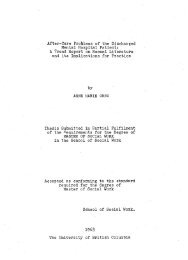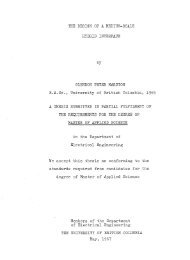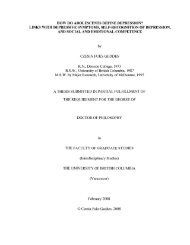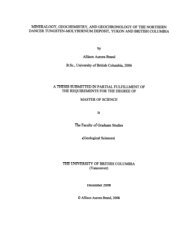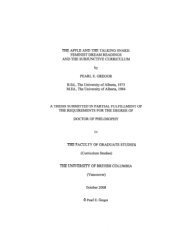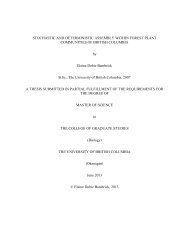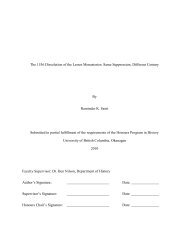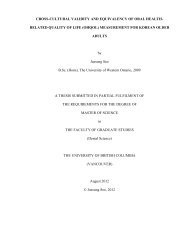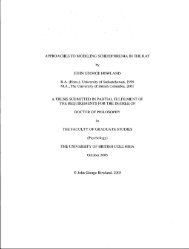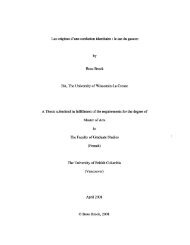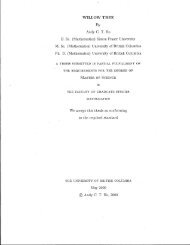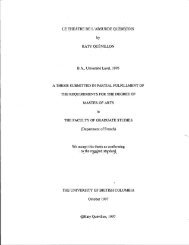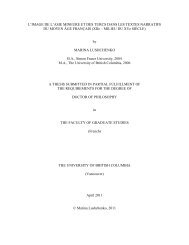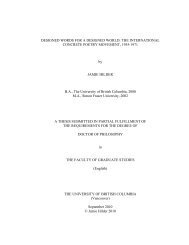A STUDY OF THE THEORY OF APPRAISAL FOR SELECTION By ...
A STUDY OF THE THEORY OF APPRAISAL FOR SELECTION By ...
A STUDY OF THE THEORY OF APPRAISAL FOR SELECTION By ...
Create successful ePaper yourself
Turn your PDF publications into a flip-book with our unique Google optimized e-Paper software.
of the Rolls has been required 'from time to time' to order that<br />
Departmental records be delivered in his 'custody'; in fact he<br />
has never done so, and the practice remains as it was settled in<br />
1845-6."8<br />
The need to appraise the value of records was identified in<br />
an 1836 report to the Record Commission. The criterion used to<br />
identify value was "usefulness". The report stated that in<br />
almost every office "there are large masses of documents utterly<br />
useless to anybody for any purpose. . The keeping of these<br />
takes up valuable room, and imposes useless trouble. Under<br />
proper precautions, the Record Commission would do great service<br />
by destroying them."9 In spite of questions regarding the<br />
legality of the practice, an informal routine emerged in which<br />
the Treasury began to destroy records after seeking the advice of<br />
the Master of the Rolls regarding what records were not worth<br />
retaining.10 The practice continued for many years, as did the<br />
concern of the Master of the Rolls that the destruction of legal<br />
records was contrary to law.<br />
In 1875, the Deputy Keeper published a parliamentary paper<br />
in which he reiterated the earlier call for destruction of<br />
useless records:<br />
There are extant in the Public Record<br />
Department large masses of legal and<br />
Government documents which are wholly useless<br />
8 Ibid, 15, paragraph 19.<br />
9 Ibid, paragraph 20.<br />
10 Ibid, 15-16, paragraph 21.<br />
60



